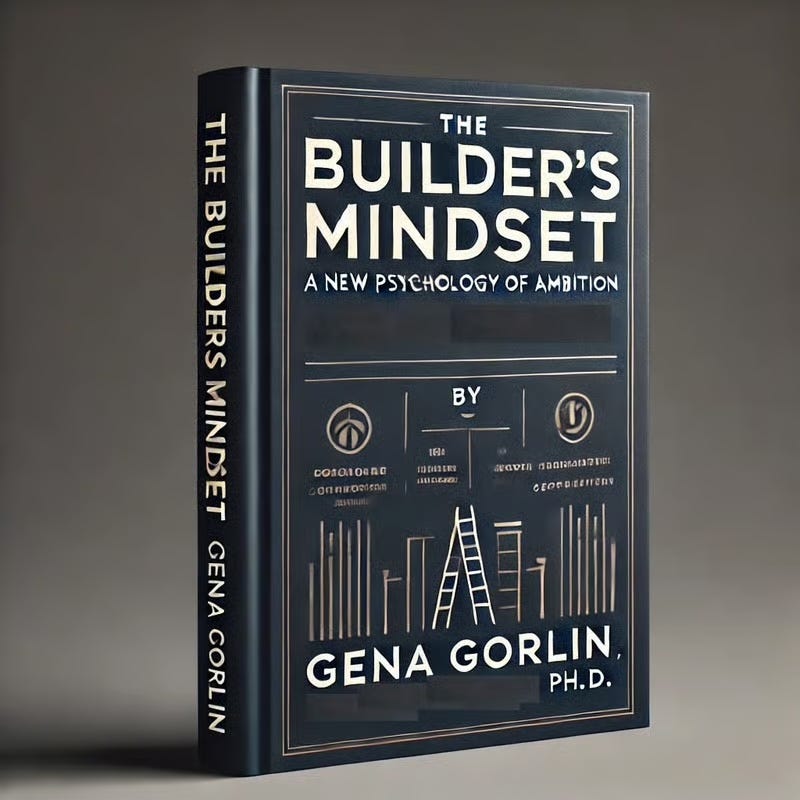What is ambition, actually?
Some reflections on my book draft now that I've handed it off
Dear readers,
At long last, the update I’ve fantasized about sending you for the better part of a year: I have now submitted a full book draft to my editor at Penguin. Here is how it felt:
At the urging of my editor (and everyone else who’s had to deal with me in recent months), I’m stepping away from the manuscript for a while, so I can approach it with fresh eyes when it hits my desk again.
Meanwhile, I thought I’d indulge in some general reflection on what my book is really about, and what writing it has taught me about ambition and about my own psychology.
A more fundamental sense of “ambition”
You might think, given I’m writing a book on the “psychology of ambition,” that I’d have long since nailed down a definition of “ambition.” But as I was fielding questions on the topic at a speaking event just last week, I realized I had been semi-deliberately toggling between two meanings of the term.
Th…



